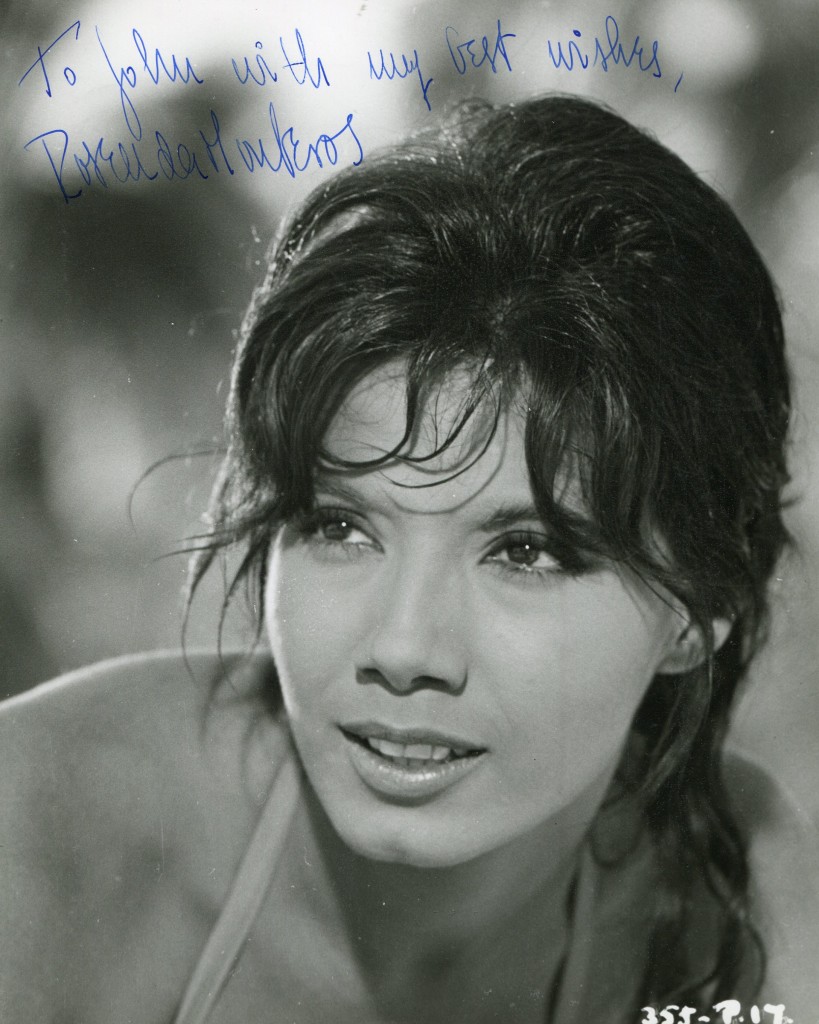
Rosenda Monertos was born in 1935 in Veracruz, Mexico. Her first film was “A Woman’s Devotion” in 1956. She was the leading lady in the classic “The Magnificent Seven” with Yul Brynner and Horst Buchholz. Her other films include “Thiara Tahiti” in 1962 with John Mills and James Mason. Ms Monteros died in 2018.
New York Times obituary in 2018:
Rosenda Monteros, a Mexican actress remembered for her turn as one of the few women in John Sturges’s classic western “The Magnificent Seven,” died on Dec. 29 at her home in Mexico.
A spokeswoman for her family, who is also a representative for the National Theater Company of Mexico, said the cause was pelvic cancer. The spokeswoman said Ms. Monteros was 86, although according to Spanish-language news media accounts and other sources she was 83.
Ms. Monteros, a successful actress in Mexican theater, films and television for more than five decades, played a small but important part in “The Magnificent Seven,” the 1960 remake of Akira Kurosawa’s 1954 film “Seven Samurai.” In the Hollywood version, seven gunslingers are hired by local farmers to defend their Mexican village from bandits.
The movie had an all-star cast, with Yul Brynner, Steve McQueen, Charles Bronson, Horst Buchholz, Robert Vaughn, Brad Dexter and James Coburn as the seven gunmen and Eli Wallach as the leader of the bandits. The film featured a stirring and now instantly recognizable theme, composed by Elmer Bernstein.
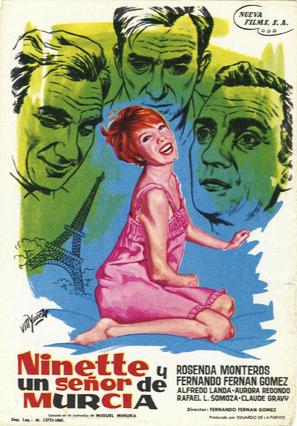

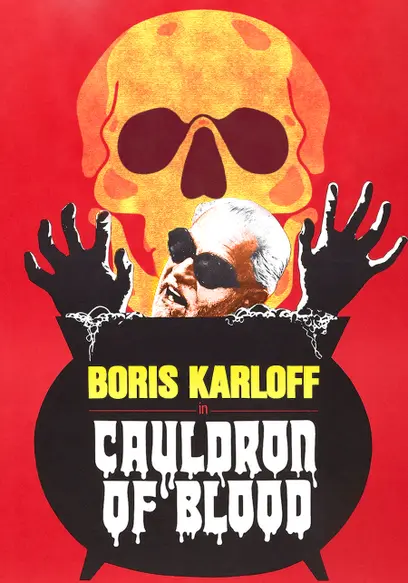
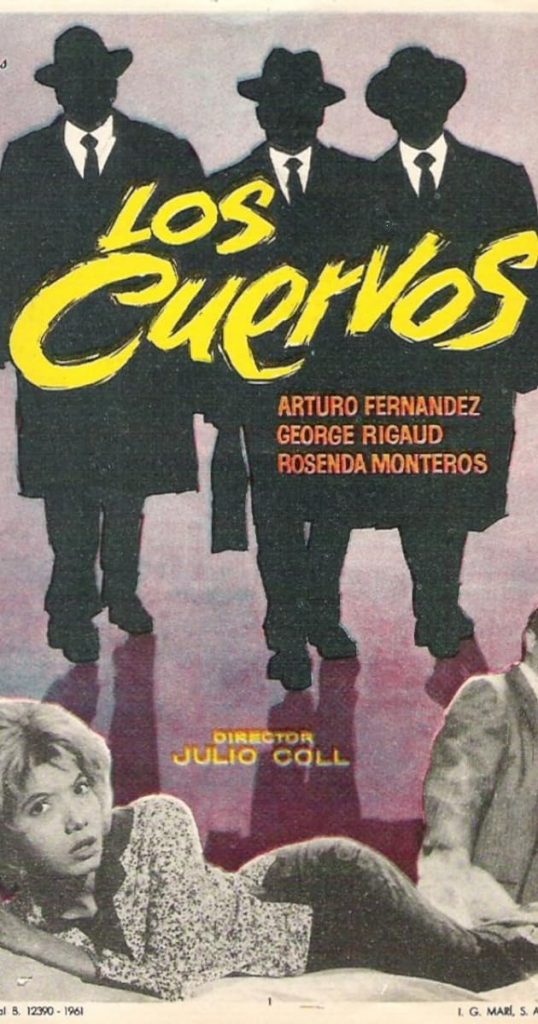
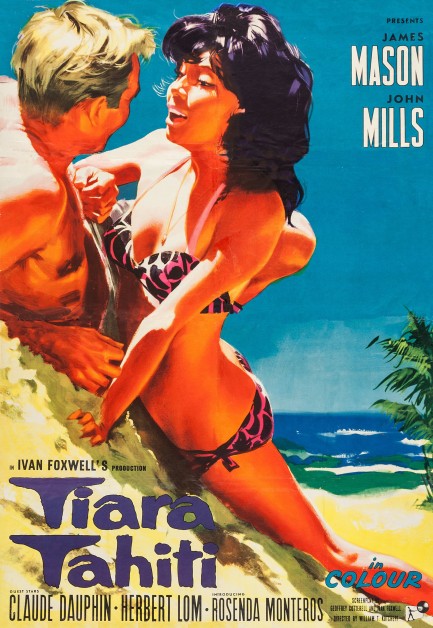
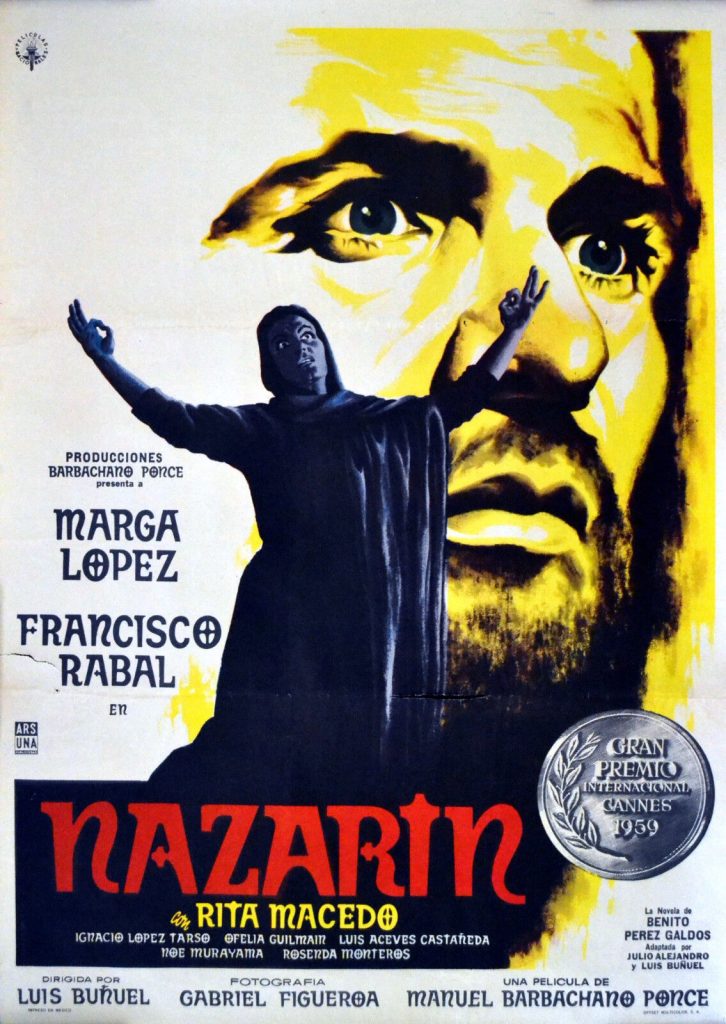
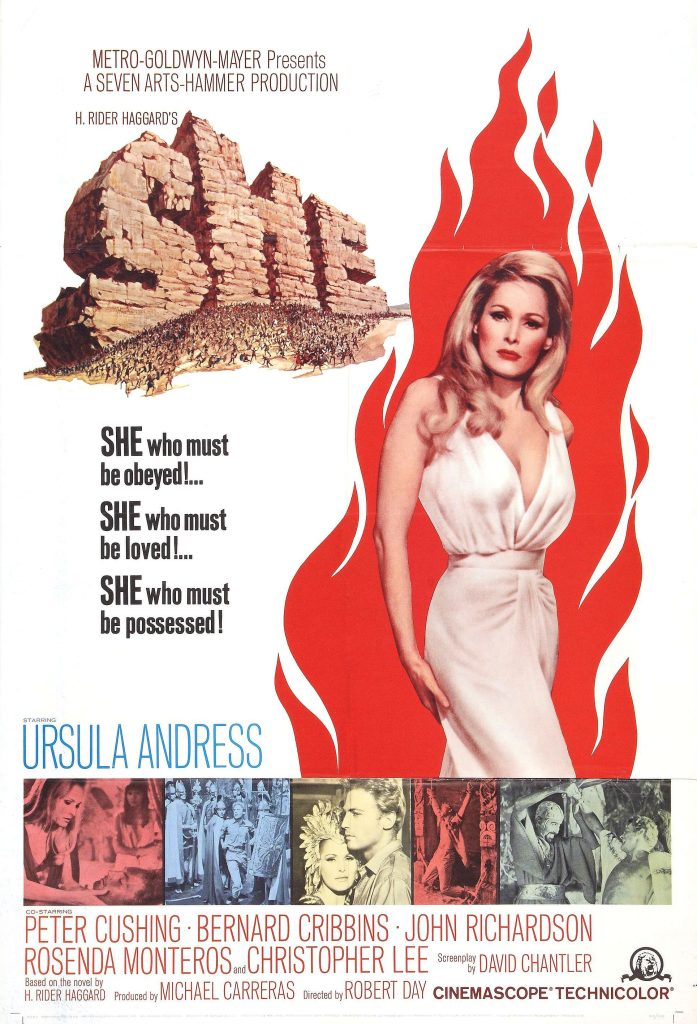
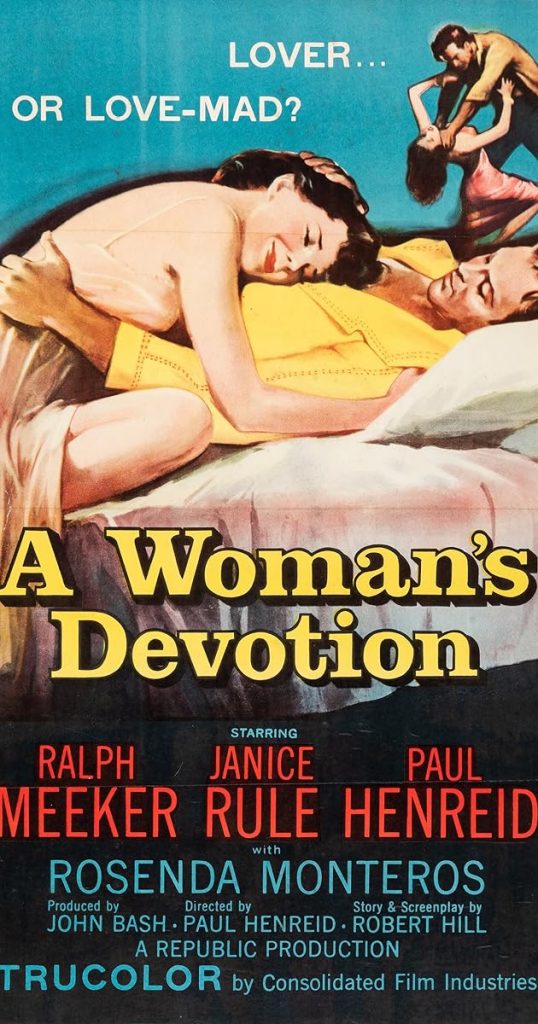
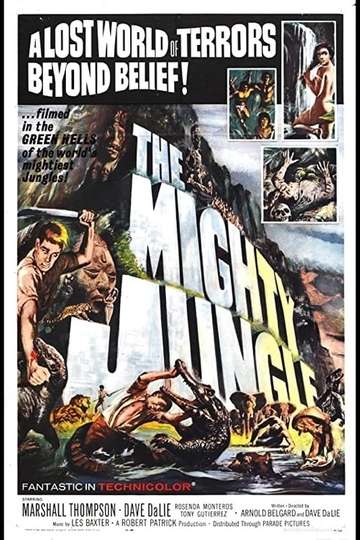
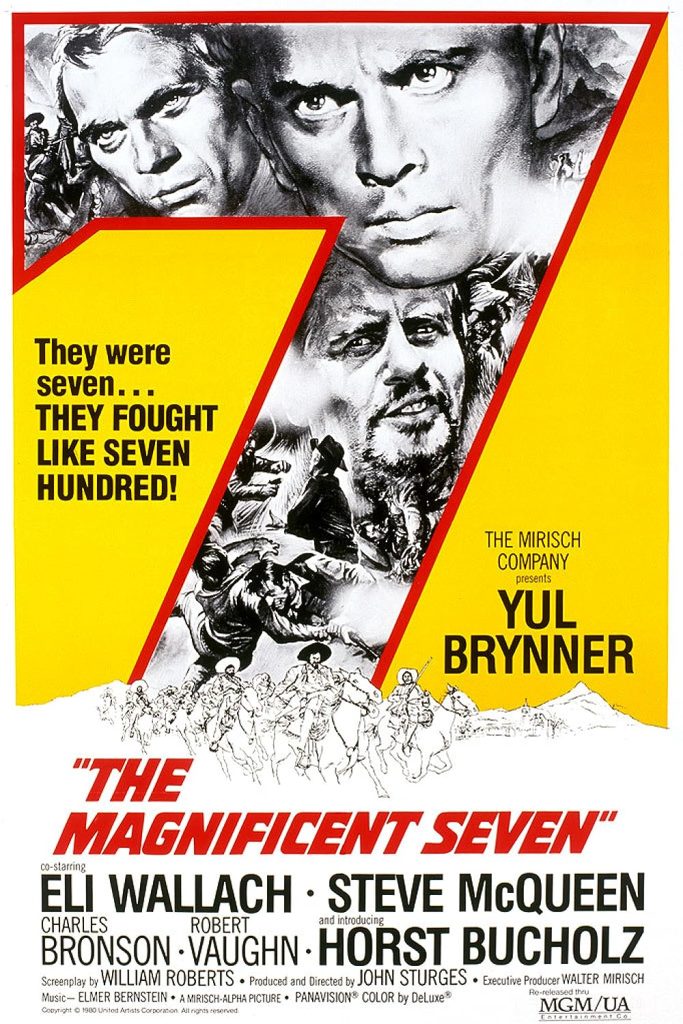
Ms. Monteros’s character, Petra, goes into hiding with the other women in the village when the gunmen arrive, but she is soon discovered. Bolder than many of the villagers, she pursues a romance with Mr. Buchholz’s character, the temperamental Chico.
“I wasn’t afraid of you — it’s my father,” Petra says to Chico in one scene. “He says stay away from those men, they are brutes, they are cruel.”
“He’s right, you know that?” Chico replies. “He’s right.”
Their courtship is the only romantic thread in that testosterone-fueled film, and her part is one of the biggest among its Mexican actors.
“The Magnificent Seven” was shot in Mexico, where a government censor kept a close eye on the production to make sure that Mexicans were depicted positively. Mr. Sturges told The New York Times in 1960 that the censor was “an autocrat” who operated “on the theory that anything debatable should be stricken out.”
Mr. Sturges took note of one major change to the script: Instead of setting out to hire American fighters from the start, the farmers tried to buy guns for themselves.
The changes angered Mr. Sturges, but Ms. Monteros, interviewed in the documentary “Guns for Hire: The Making of ‘The Magnificent Seven’ ” (2000), was more philosophical.
“The script had to be checked and revised very carefully to make sure that there were no images that denigrated the country,” she said. “Because of the importance of the coproduction, we had to get the film off the ground one way or another. It was good for the country.”
Rosa Méndez Leza was born in Veracruz, Mexico, on Aug. 31, in either 1932 or 1935. She was active in Mexican theater from a young age and moved to Mexico City when she was 17. She also performed in Europe, where she studied mime and performed with Marcel Marceau.
Her marriage to the director Julio Bracho ended in divorce. Complete information on survivors was not immediately available.
Ms. Monteros’s other films included Luis Buñuel’s “Nazarin” (1959); “Tiara Tahiti” (1962), which starred James Mason; and “Cauldron of Blood” (1970), which starred Boris Karloff in one of his last roles. On television, she had a long-running part in the telenovela “Lucía Sombra.”
Information on survivors was not immediately available.
“The Magnificent Seven” is still beloved by western fans. It was remade by Antoine Fuqua in 2016, but without the character Petra and her romantic subplot

